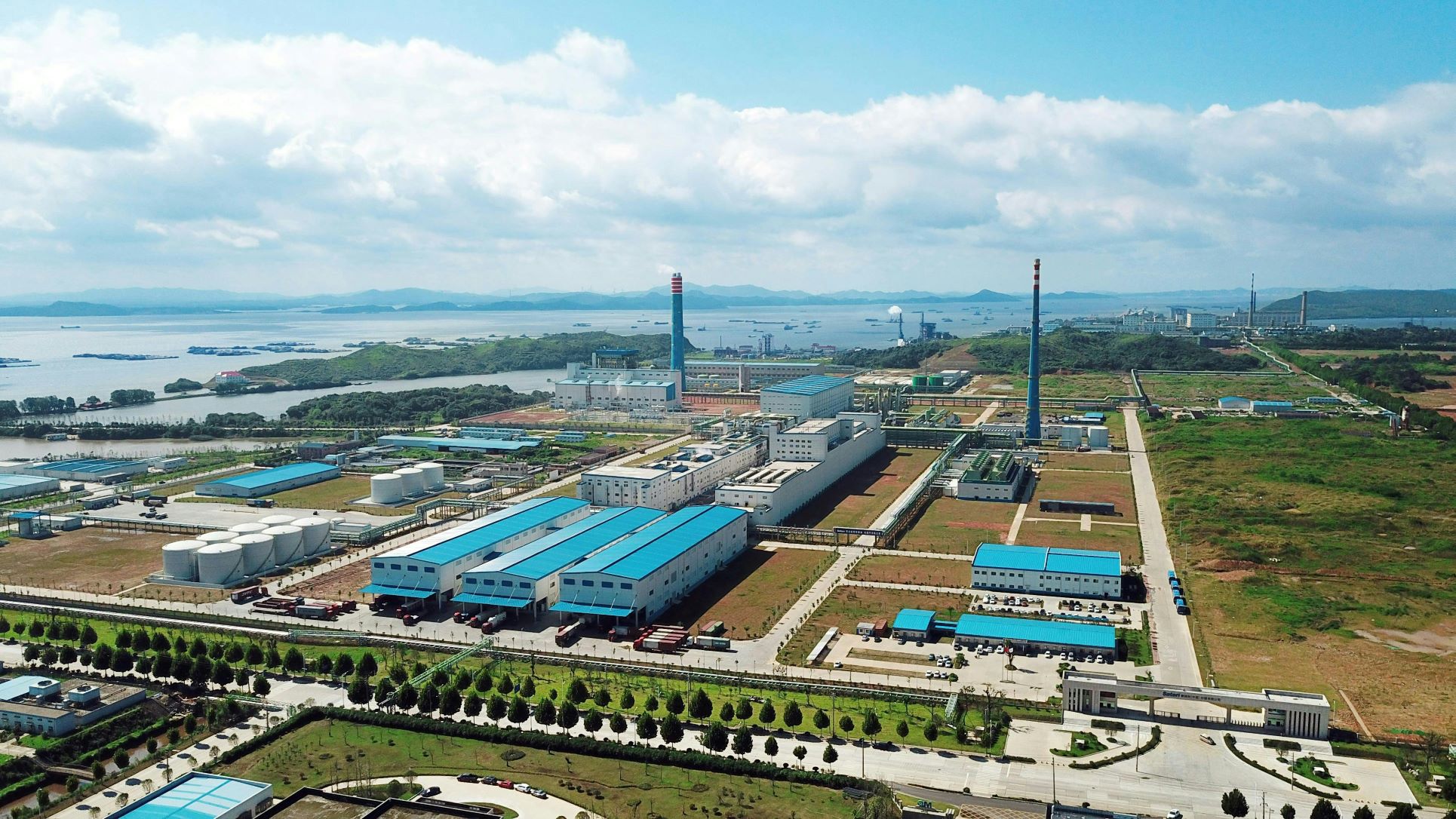
Sateri says its lyocell facility in Rizhao, Shandong Province, has been awarded the Sustainable Textile Production (STeP) certification for responsible production.
It claims the site has also obtained the highest-ranking of level three in the certification assessment scoring for exemplary implementation of best manufacturing practices.
Together with its earlier achievement of the Standard 100 by Oeko-Tex certification that
confirms its lyocell fibre is free from any harmful substances and complies with European standards, Sateri’s lyocell products are qualified to carry the Made in Green by Oeko-Tex product label. This label not only attests to Sateri’s lyocell fibre as safe and manufactured in an environmentally friendly, socially responsible and safe facility, but also the group’s commitment to higher levels of transparency and accountability through the product traceability feature of the label, Sateri says.
The STeP by Oeko-Tex certification comprises three levels describing the extent to which a company has achieved sustainable production and working conditions of factories in the textile industry. The areas of assessment include chemicals management, environmental performance, environmental management, social responsibility, quality management, as well as occupational health and safety.
Allen Zhang, president of Sateri, notes: ” In addition to having all our (five) viscose mills Oeko-Tex STeP certified as well as compliant with the emission limits set out in the European Union Best Available Techniques Reference Document (EU-BAT BREF) on polymers, we now have our first lyocell facility awarded with this certification. This not only reflects Sateri’s relentless pursuit for responsible manufacturing excellence but marks an important step towards sustainable value chain management. Sateri will continue to work with upstream and downstream partners to realise the sustainable development of our entire industrial chain.”
Sateri’s lyocell fibre factory in Rizhao commenced operation in May 2020, with an annual output of 20,000 tonnes. The same site houses a 5,000-tonne lyocell pilot production line dedicated for the development of lyocell application technology.

US Tariffs are shifting - will you react or anticipate?
Don’t let policy changes catch you off guard. Stay proactive with real-time data and expert analysis.
By GlobalDataIn March 2021, the group announced plans to expand its lyocell annual production capacity in China up to 500,000 tonnes by 2025.
A natural and biodegradable fibre, Sateri’s lyocell is made from wood pulp sourced from certified and sustainable plantations. It is manufactured using closed-loop technology, requiring minimal chemical input during the production process, and utilising an organic solvent that can be almost fully (99.7%) recovered and recycled.
Just Style spoke with Allen Zhang last year about starting production of lyocell fibres in China and launching a new commercial-scale viscose fibre made from recycled textile waste – all in the midst of a global pandemic: Why Sateri sees Covid-19 as an industry wake-up call – Interview.



